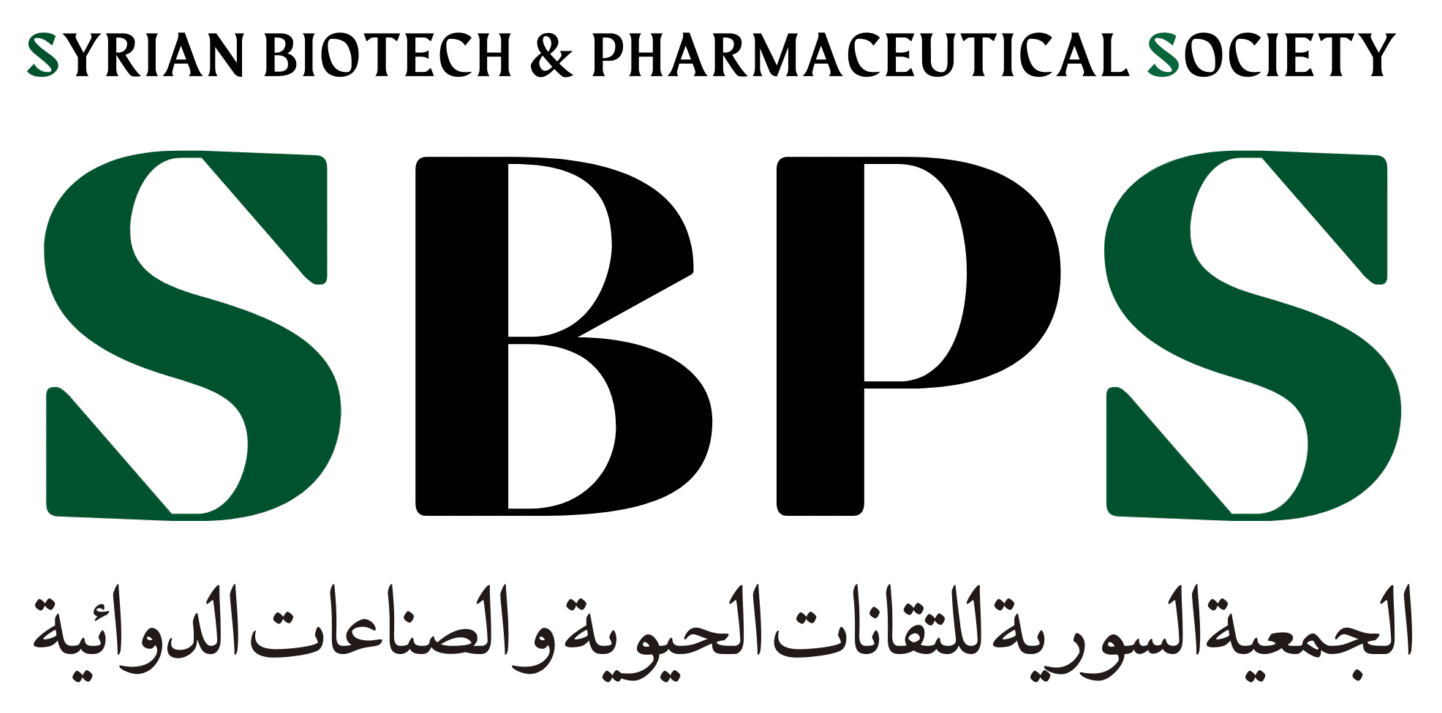
In the evolving landscape of pharmaceutical innovation, peptide-based therapeutics have emerged as a promising class of biologic drugs. Their ability to mimic natural biological functions, combined with high specificity and relatively low toxicity, positions peptides as powerful tools in the development of targeted treatments across a wide range of diseases.
What Are Peptide Drugs?
Peptides are short chains of amino acids — the same building blocks that make up proteins. When designed for therapeutic use, these molecules can interact precisely with receptors and enzymes in the body, enabling highly selective biological activity. Unlike small-molecule drugs, peptides are often biodegradable and less likely to accumulate toxic metabolites, making them safer alternatives in many contexts.
Why Are Peptides Gaining Attention?
-
High Specificity: They can target specific receptors with minimal off-target effects.
-
Reduced Side Effects: Due to their natural origin and specificity, peptides often result in better safety profiles.
-
Versatile Applications: Used in cancer therapy, diabetes (e.g., insulin analogs), cardiovascular diseases, and even vaccines.
-
Technological Advances: Recent innovations in peptide synthesis, formulation, and delivery (e.g., nanoparticle carriers) have overcome many limitations like stability and bioavailability.
Peptides in Research & Clinical Development
Many pharmaceutical and biotech companies are now investing heavily in peptide libraries, screening technologies, and delivery systems to unlock new peptide-based treatments. Peptide drug approvals by regulatory bodies (e.g., GLP-1 receptor agonists for type 2 diabetes) have further validated their clinical relevance.
At the research level, peptides are also being explored as biomarkers, diagnostic agents, and even molecular imaging tools — illustrating their multifaceted value beyond just therapeutics.
The Future of Peptide Therapeutics
With the convergence of biotechnology, machine learning, and high-throughput screening, peptide-based drug development is expected to accelerate rapidly. Personalized peptide therapies, especially in oncology and immunotherapy, could become a cornerstone of precision medicine in the coming decade.
Final Thoughts
Peptides are no longer niche candidates in drug development. They represent a robust, adaptable, and increasingly essential class of biological agents that hold immense potential to address unmet medical needs. As research deepens, peptides are poised to transform not only how we treat diseases — but how we understand them.
Written by Dr. Wael Naboulsi

👍